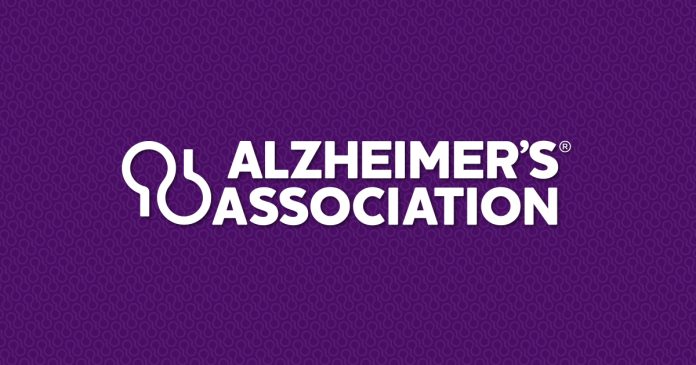During Hispanic Heritage Month, the Alzheimer’s Association West Texas Chapter is celebrating Hispanic American champions, who are using their voices to raise awareness about Alzheimer’s and other dementia in the community.
More than 6 million people are living with Alzheimer’s disease, with 400,000 here in Texas. Older Hispanic Americans are one and half times more likely to get diagnosed than older white Americans. Latinos are projected to have the steepest increase in Alzheimer’s disease in the next 40 years, compared to other ethnic groups, a news release said.
Myra Garcia and Tony Gonzales, members of the 2022-2023 Alzheimer’s Association National Early-stage Advisory Group, say they are committed to using their voices to encourage Hispanic and Latino families to be proactive in addressing cognitive concerns.
Garcia, the daughter of Cuban immigrants, was diagnosed with early-onset Alzheimer’s disease at the age of 62. Misdiagnosed initially with attention deficit disorder, it took several years before Garcia received an accurate diagnosis of Alzheimer’s. While devastating, Garcia said she also felt a sense of relief to finally have an answer to her cognition problems.
“As odd as it sounds, I was relieved to finally have a diagnosis that aligned with what I was feeling,” Garcia said in the release. “I saw my aunt battle Alzheimer’s and lose her home because she didn’t know what was happening. I didn’t want to make the same mistake. I wanted to know what I was facing.”
Now the former opera singer and theater performer is using her voice in a new way — to raise awareness and educate Hispanic and Latino communities about the importance of early detection and diagnosis.
“I want to do all I can to advance public awareness of this dreadful disease, especially among Hispanics and Latinos who are at greater risk,” Garcia said. “It’s important to push for answers and persevere if you are experiencing cognitive problems. No one should have to go through the wringer as I did to secure a proper diagnosis.
Garcia’s diagnosis forced her into early retirement from a job she loved, but has also provided new opportunities. She volunteers at a senior memory care center, sings in three choirs and remains physically and socially active by practicing yoga, biking, golfing and taking a French class with friends. She also enrolled in a clinical trial that is evaluating the safety and efficacy of a new Alzheimer’s drug in development.
Gonzales, a third-generation Hispanic American, was diagnosed with mild cognitive impairment (MCI) in 2021 at age 47. Prior to his diagnosis, Gonzales enjoyed a 25-year career in radio broadcasting, where he was known to listeners as the “Chief.” A few years ago, he noticed that juggling his various work responsibilities was becoming increasingly difficult. After several concerning events including a time when he got lost driving home from work, Gonzales embarked on a two-year journey, visiting countless doctors, before finally getting his diagnosis.
“It was a grueling process, but I knew something was not quite right,” Gonzales said in the release, “I had witnessed dementia in some of my older family members, but like many Hispanic families, we didn’t talk too much about it. It was something we kept secret.”
Gonzales, however, is not hiding his diagnosis and speaks frequently to individuals and families affected by Alzheimer’s and other dementia as well as lawmakers to advocate for disease-related policies that can make a difference.
“This disease picked on the wrong person,” Gonzales said. “Dementia is a horrible thing and I wish I didn’t have it, but it has provided an opportunity to use my voice to make a difference.”
If you or a loved one has been diagnosed with Alzheimer’s or another dementia, you are not alone. The Alzheimer’s Association is the trusted resource for reliable information, education, referral and support to millions of people affected by the disease. For free bilingual care consultation in English and Spanish, call our 24/7 Helpline: 800.272.3900 or visit alz.org.




